A Dynastic Struggle Worthy of a Wagner Opera
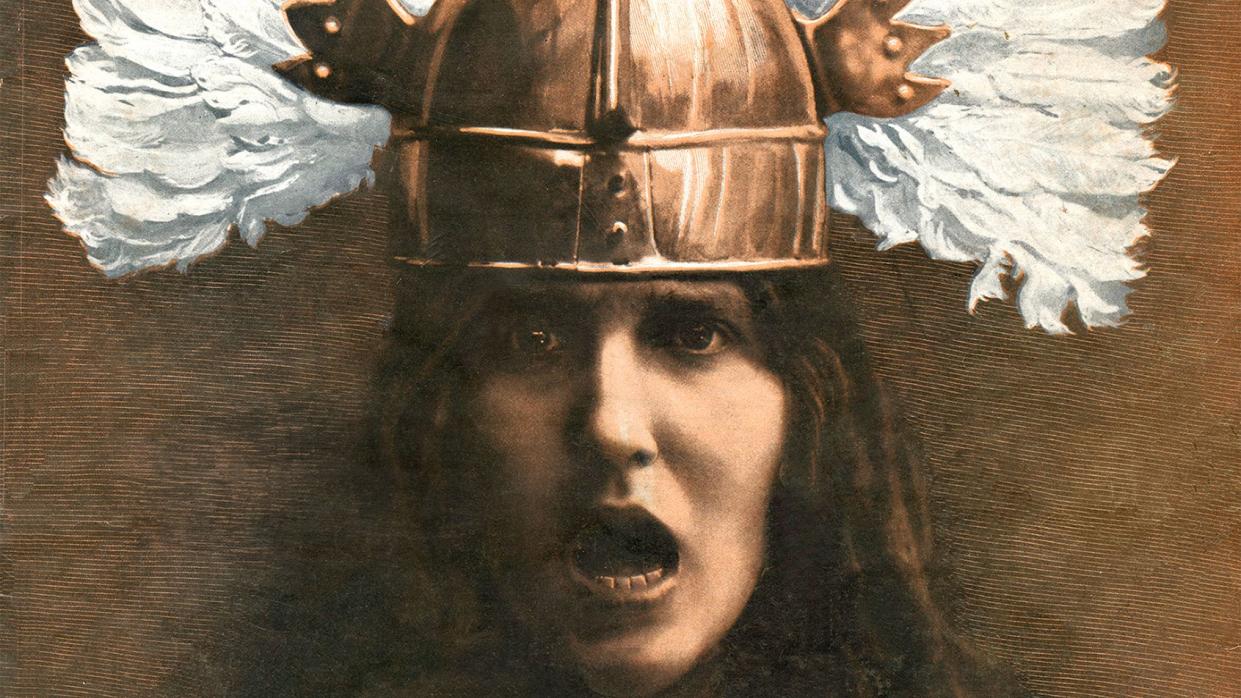
During Germany’s last 150 years, a king has been dethroned, a kaiser has abdicated, and a dictator has fallen, but on the Green Hill in the Bavarian town of Bayreuth, one thing has stood the test of time: The Wagner family still rules one of opera’s most exclusive and important institutions.
The Bayreuth Festival is an annual monthlong event that every summer draws audiences of political leaders (Angela Merkel never misses a season), European aristocrats, and devoted fans of the celebrated, controversial composer Richard Wagner with performances of his work by the world’s greatest talent. Past participants have included Italian conductor Arturo Toscanini and Swedish soprano Birgit Nilsson. Leadership of the Bayreuth Festival has been a similarly exclusive club: It has been passed down through eight Wagner relatives, beginning with the composer himself. He was succeeded by his wife Cosima after his death, which left a trail of family feuds and a fraught history of political patronage. The festival’s current custodian is the composer’s great-granddaughter Katharina Wagner, but despite the enduring power of the family name, it seems as though the end of the dynasty may be in sight.
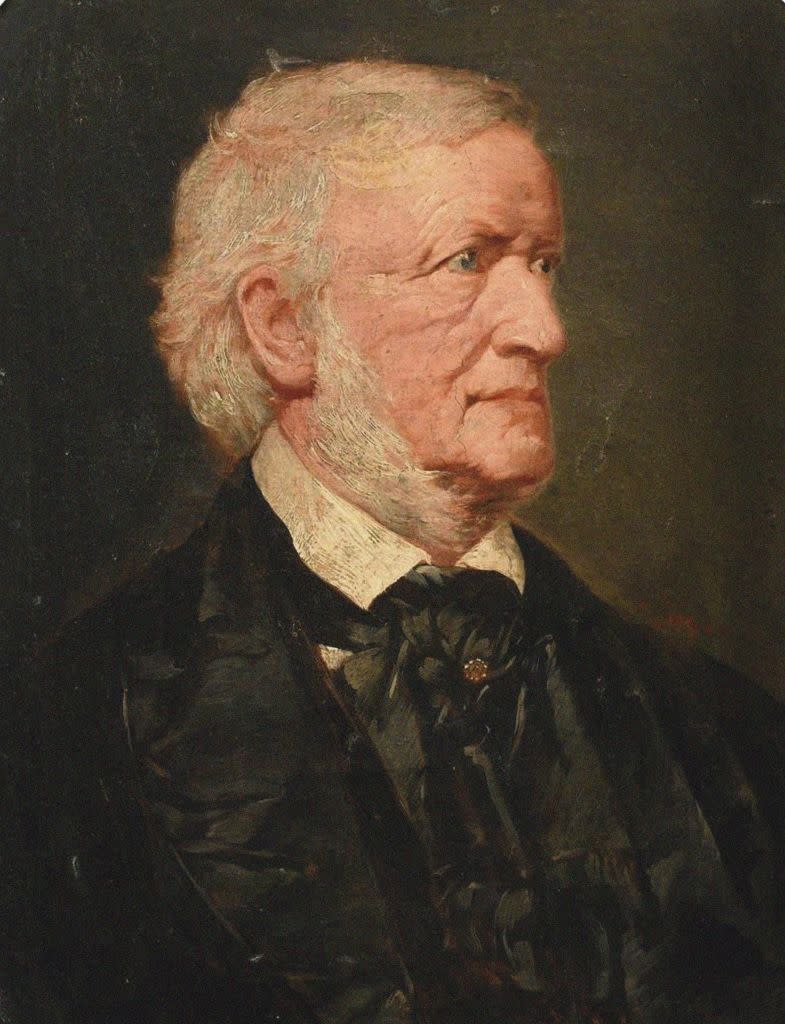
“It’s unique that the great-granddaughter of Richard Wagner leads the festival, like her father or the Wagners before her,” says Georg Freiherr von Waldenfels, chairman of the Society of Friends of Bayreuth, which makes up a fourth of the festival’s board (alongside representatives of the state of Bavaria, the town of Bayreuth, and the German government). The board has been tasked with appointing the artistic director since 2008, when Katharina and her half-sister Eva were named. “The name Wagner is great, but it isn’t the only criterion. Everyone is replaceable if necessary.”
Die Schimpftiraden (The Tirades)
While Bayreuth is not the opera world’s only dynastic festival—England’s annual Glyndebourne Festival was founded in 1934 by the Christie family, which still runs it today—it is set apart by its history, which dates back to German unification, and distinctive creative leadership from generations of Wagners. Richard Fairman, the opera critic for the Financial Times, likens Bayreuth to a kingdom.
“My first visit was in 1977, the second year of the Centenary Ring,” Fairman says, referring to an interpretation of Wagner’s four-part Ring cycle by French director Patrice Chéreau that marked the festival’s 100th anniversary. “There was so much booing after the end of the first act of Siegfried that Wolfgang Wagner did one of his, what I later discovered, regular rants, where he told the audience that if there was booing at the end of the second act he would stop the performance and send everyone home. So I immediately discovered on my first visit just how prominent he and the family were. His decision could stop the festival, if he chose.”
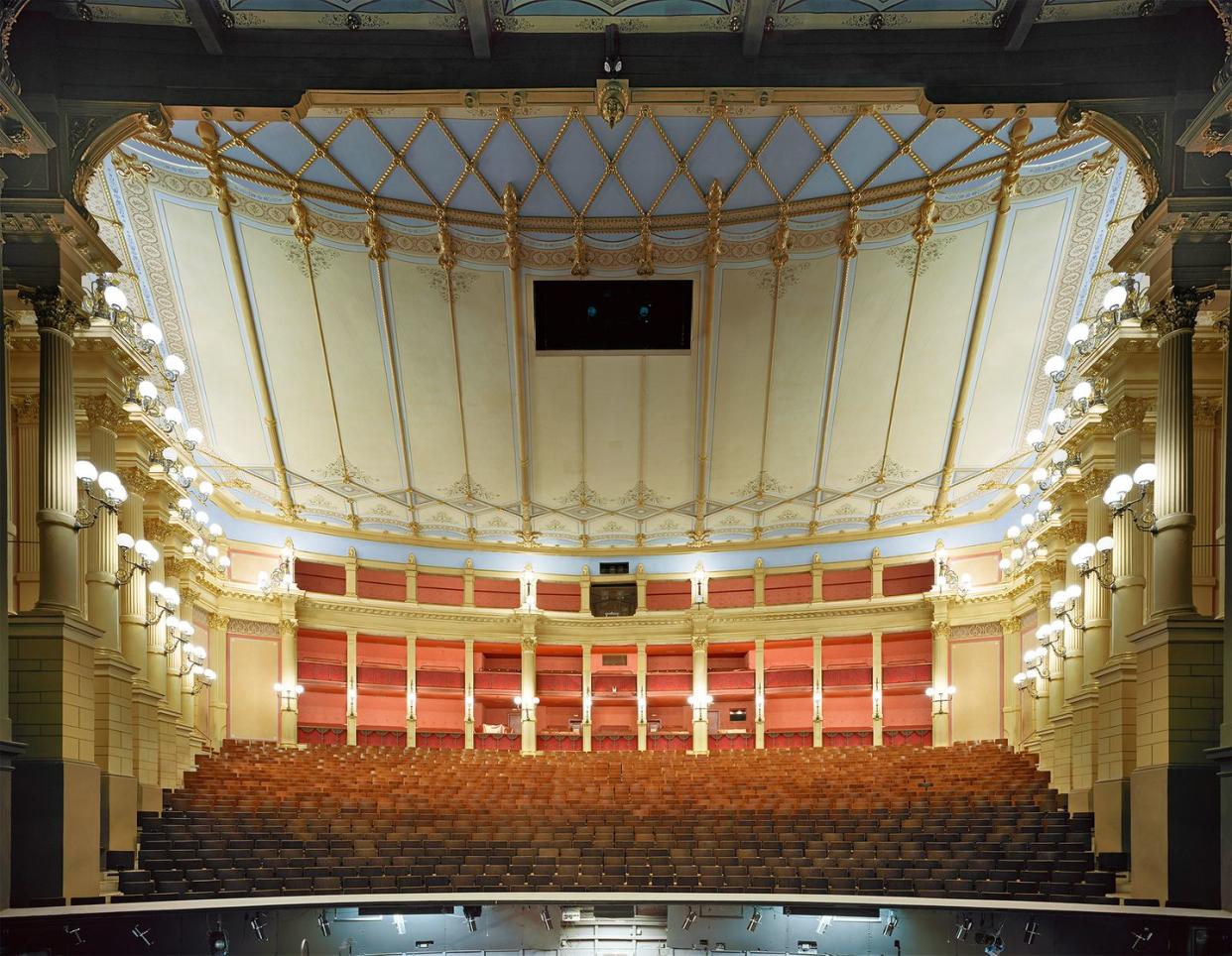
In the years since, things have not become less fraught. Katharina, 45, is the youngest daughter of the late Wolfgang, who ran the festival for more than 50 years. Growing up in Bayreuth, she learned at her father’s side before moving to Berlin, where she studied theater at the Freie Universität Berlin and worked as a directorial assistant at the Berlin State Opera.
At 23 she took on the role of her father’s assistant and heir apparent at Bayreuth; that was followed by her directorial debut a year later, a staging of Richard Wagner’s The Flying Dutchman in Würzburg. She put on her first Bayreuth Festival production, Die Meistersinger von Nürnberg, in 2007, and was met with loud booing from the crowd, a reaction that cast doubt on whether the composer’s great-granddaughter—whose current contract expires in 2025—was ready to take over.
Die Untreue (The Betrayal)
It was a takeover that almost didn’t happen. Until 2008 Katharina had never met her half-sister Eva Wagner-Pasquier, who had been estranged from their father for decades; the two banded together that year with the support of their father to take over the festival, beating out a bid for control by their cousin Nike Wagner. Nike, the daughter of former festival director Wieland Wagner, had spilled family secrets in a 2001 book, The Wagners: The Dramas of a Musical Dynasty. She told the German newspaper Die Welt that “the word betrayal is too biblical, but a switch of sides would leave me with extreme regret.” In 2014 she attempted to regain a voice in the festival for Wieland’s descendants, joining forces with her aunt and sisters in a court case focused on the rental agreement of the festival’s opera house, known as the Festspielhaus. But here too she lost.
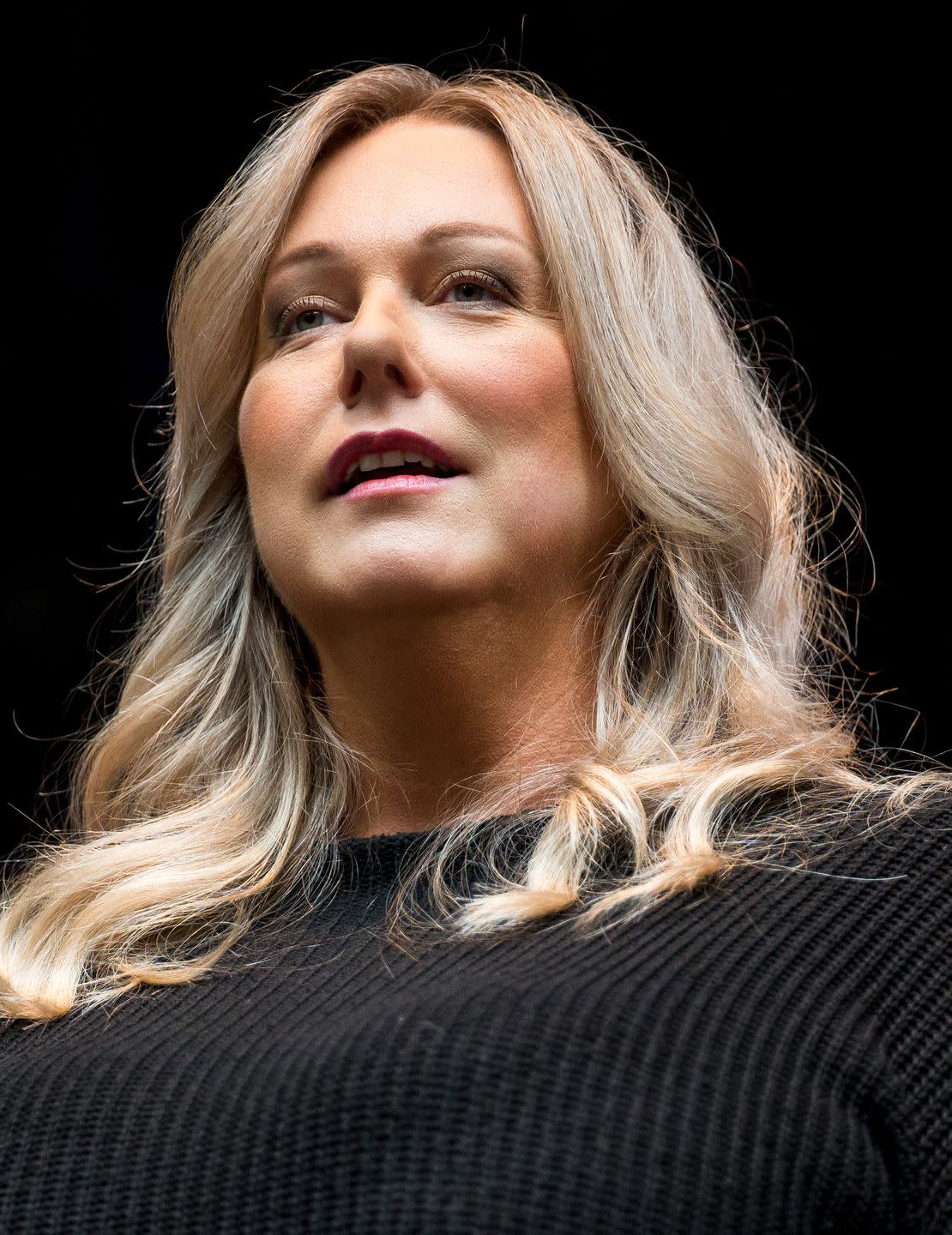
Katharina and Eva’s teamwork may have helped them triumph over their cousin, but the partnership didn’t last long. In 2015 Katharina became sole director; the German media reported that Eva had been barred from setting foot on the festival grounds over a disagreement with the musical director over casting and administrative decisions. This wasn’t anything new for the festival. Family bans are part of the Bayreuth tradition; Wolfgang Wagner reportedly forbade his own mother and sister to attend the festival at various points during his tenure.
Relatives aren’t the only people feuding at the festival. New interpretations of the composer’s work always run the risk of polarizing Wagnerians. Every Bayreuth director since Wagner himself has been accused of straying too far from the master’s intentions. Sven Friedrich, director of the Richard Wagner Museum in Bayreuth, works with the festival to preserve its history. He chalks it up to perception bias. “People use the first production that resonated with them as their standard, which is different productions for different generations,” he says. “There is no such thing as faithfulness to the original work in theater, because a performance only ever exists in its time and must come from its time to speak to those in its time. If there were such a thing as a ‘final staging,’ the theater would just be a museum.’ ”
Ärger mit der Geschichte (The Trouble with History)
Some elements are easier to change than others. In 2022 Katharina and Bayreuth’s former musical director Christian Thielemann had a disagreement because she no longer wanted to hear the word führer in the libretto of Lohengrin, which Thielemann was conducting.
Richard Wagner
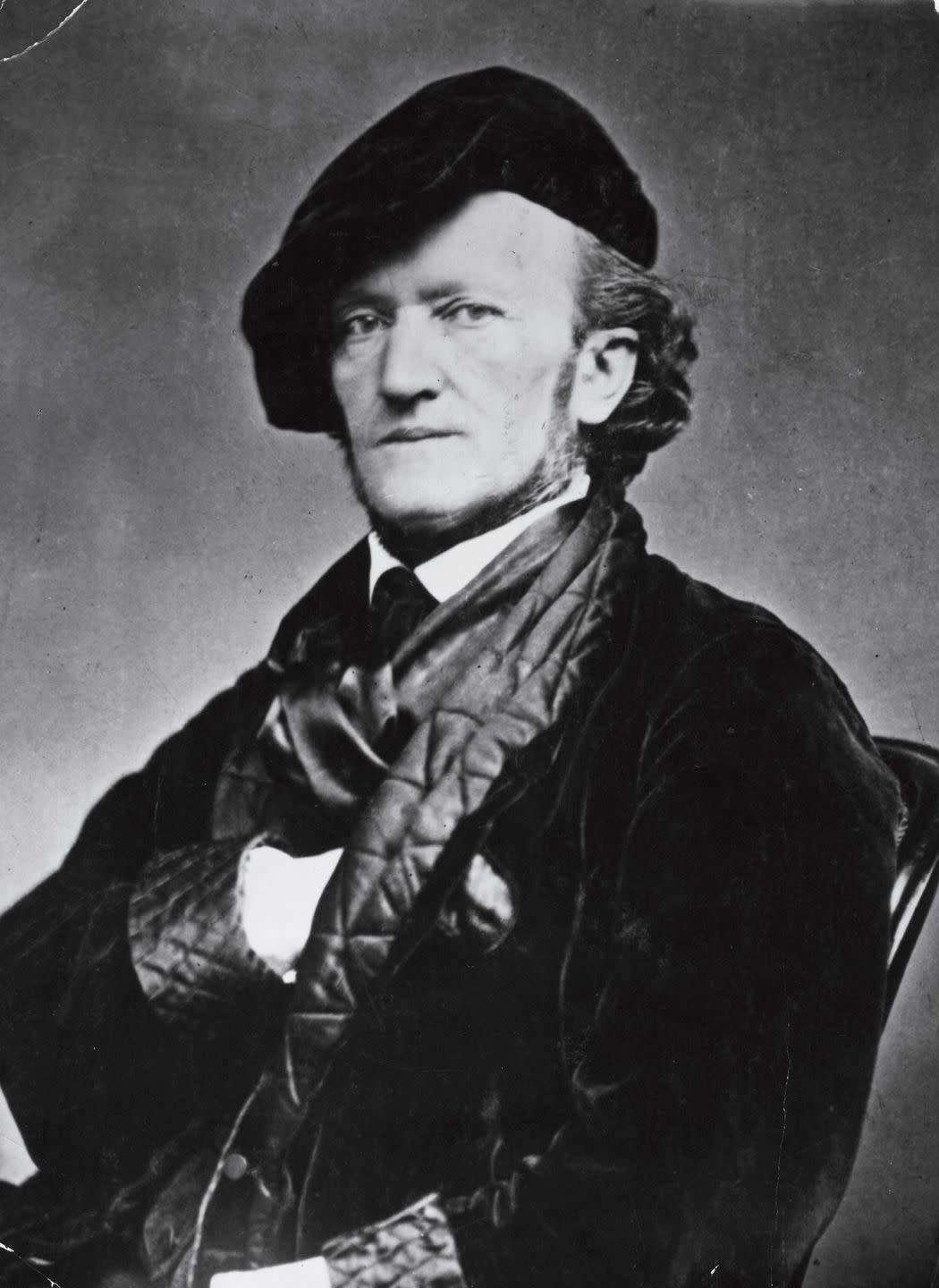
The famed composer launched the Bayreuth Festival in 1878 and was the director until 1883, when he died of heart attack while visiting Venice.
Cosima Wagner
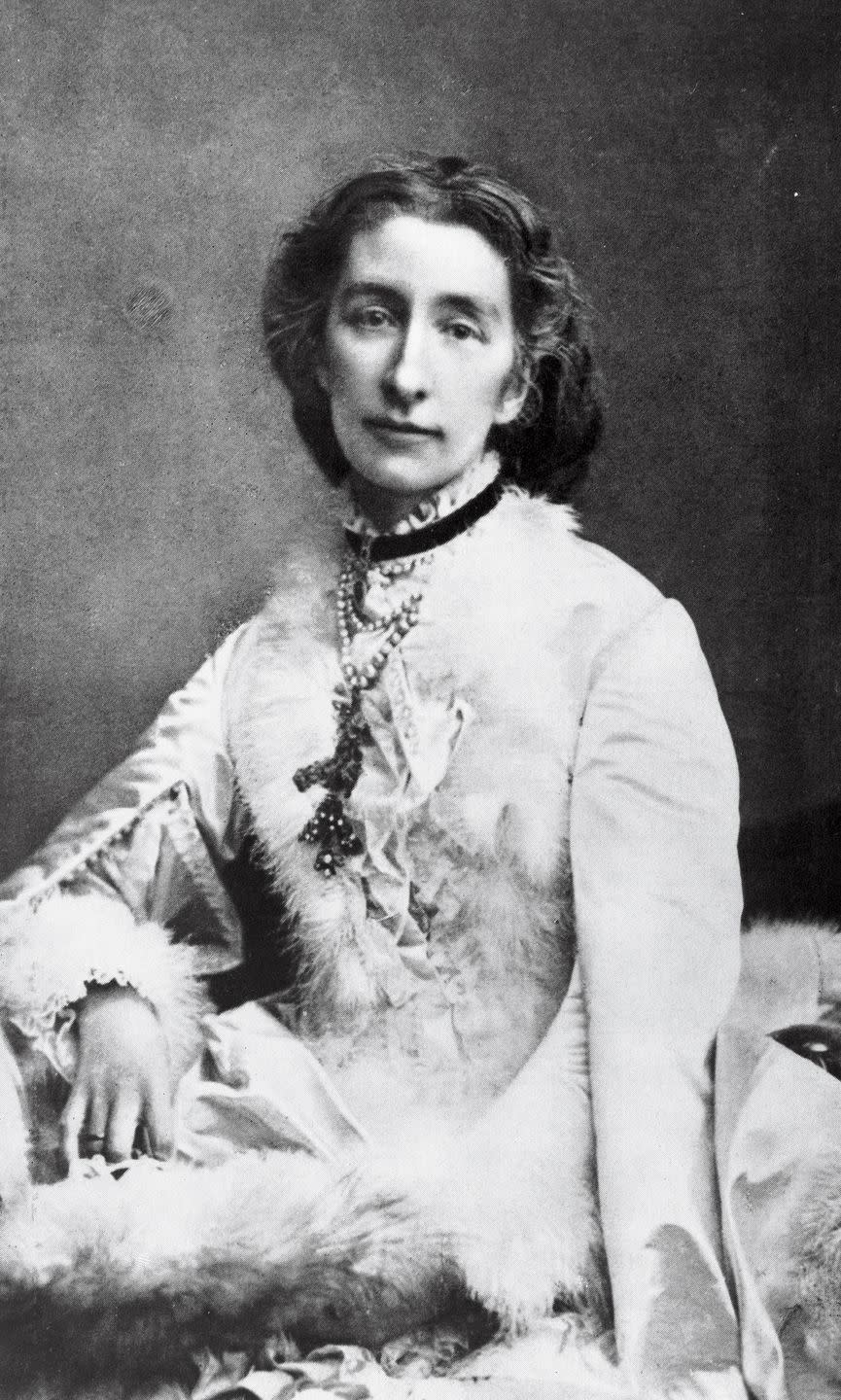
Richard's second wife–the daughter of Franz Liszt–took over the Bayreuth festival after her husband's death and is credited with the early success. She would reign until 1906
Siegfried Wagner
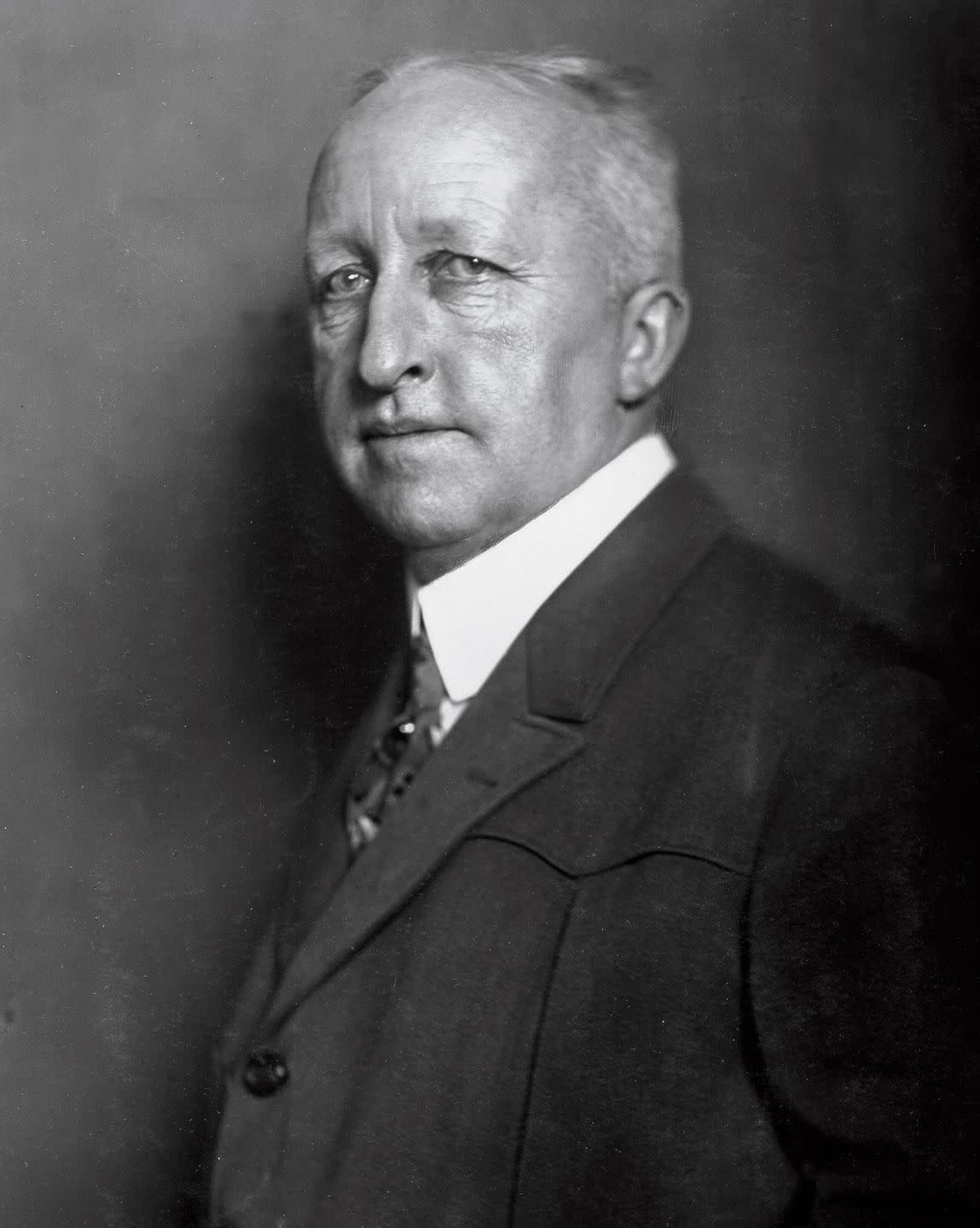
Cosima and Richard Wagner's third child child, a composer himself, began conducting at Bayreuth in 1896. In 1908, he succeeded his mother as the festival's director.
Winifred Wagner
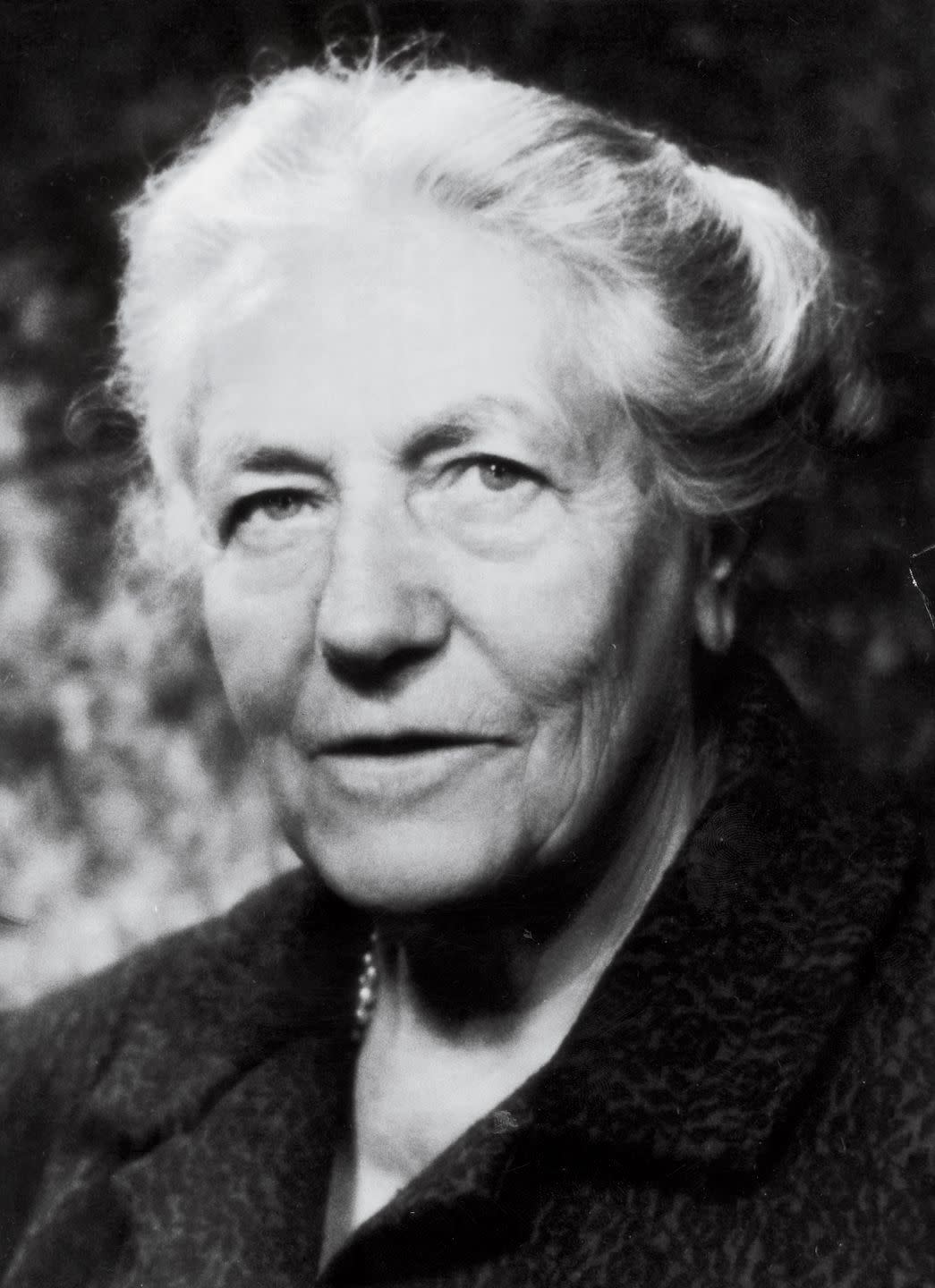
After Siegfried's death, his British-born widow would run the festival from 1930 to 1944. Her friendship with Hitler plagues the family to this day.
Wieland Wagner
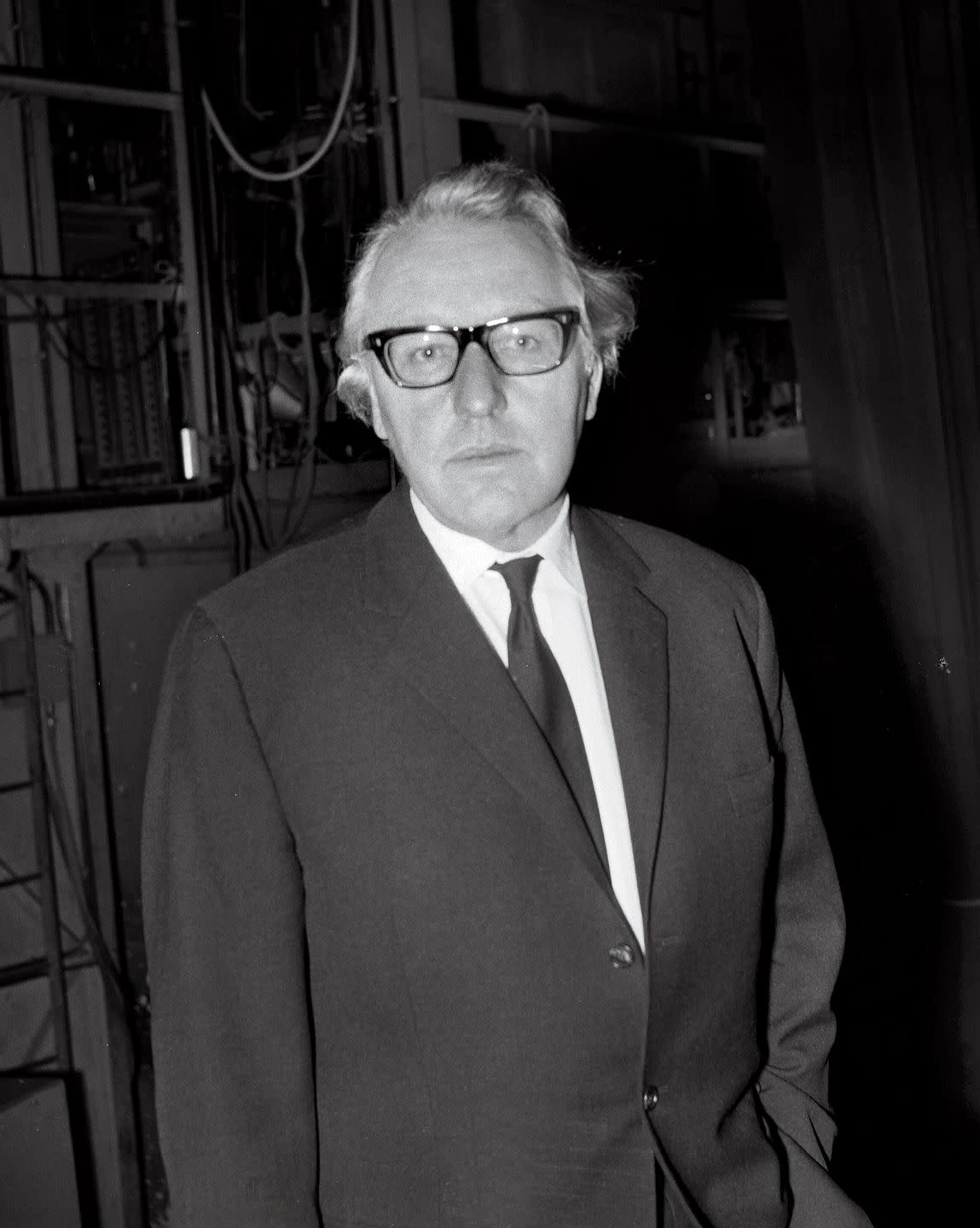
Beginning in 1951, Siegfried's sons Wieland and Wolfgang were co-directors of the festival. Wieland made a splash, bringing a modern style to Bayreuth.
Wolfgang Wagner
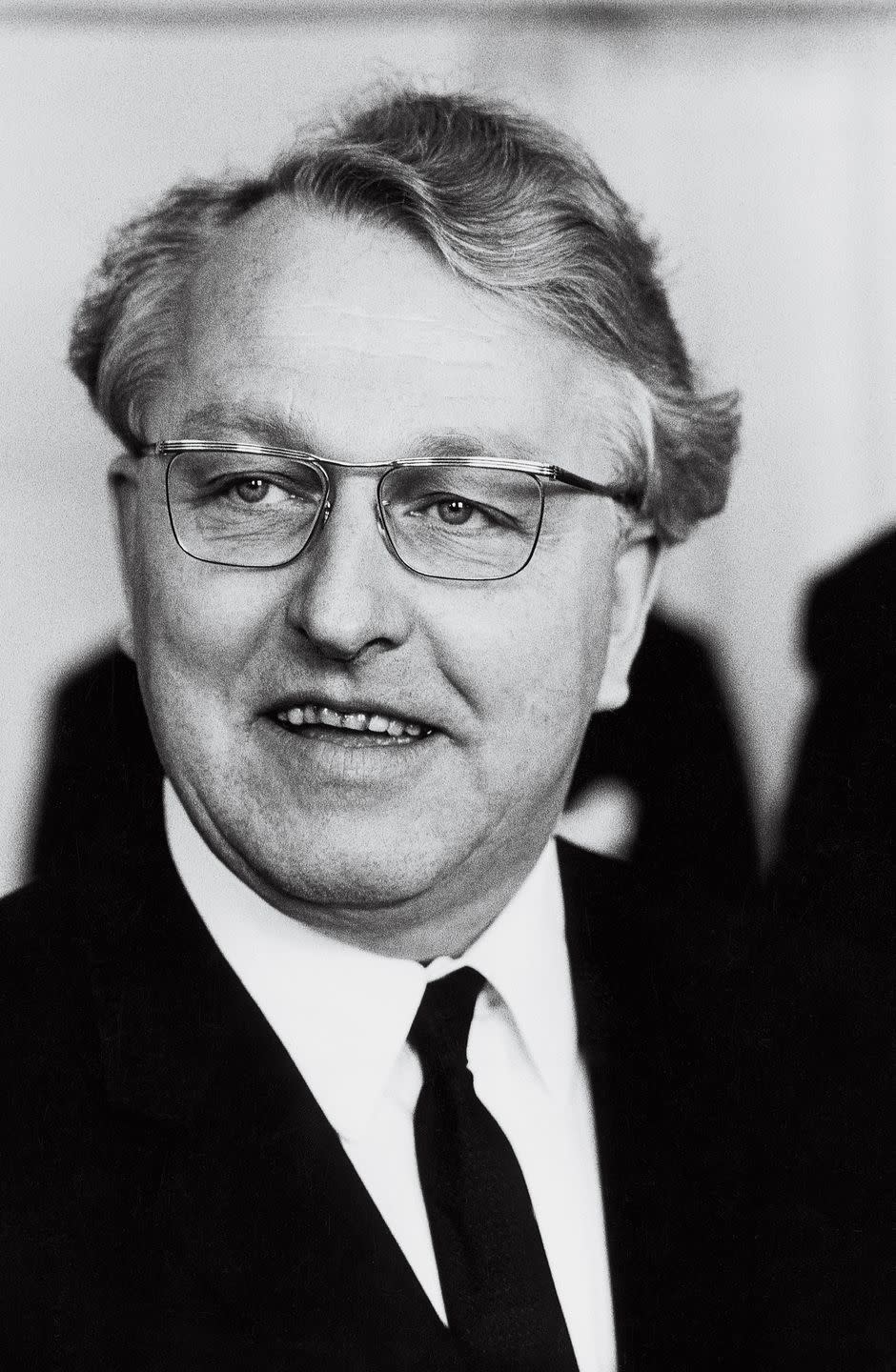
After Wieland's death in 1966, Wolfgang took over the festival. His tenure flummoxed fans and angered family members, who claimed mistreatment.
Eva Wagner-Pasquier
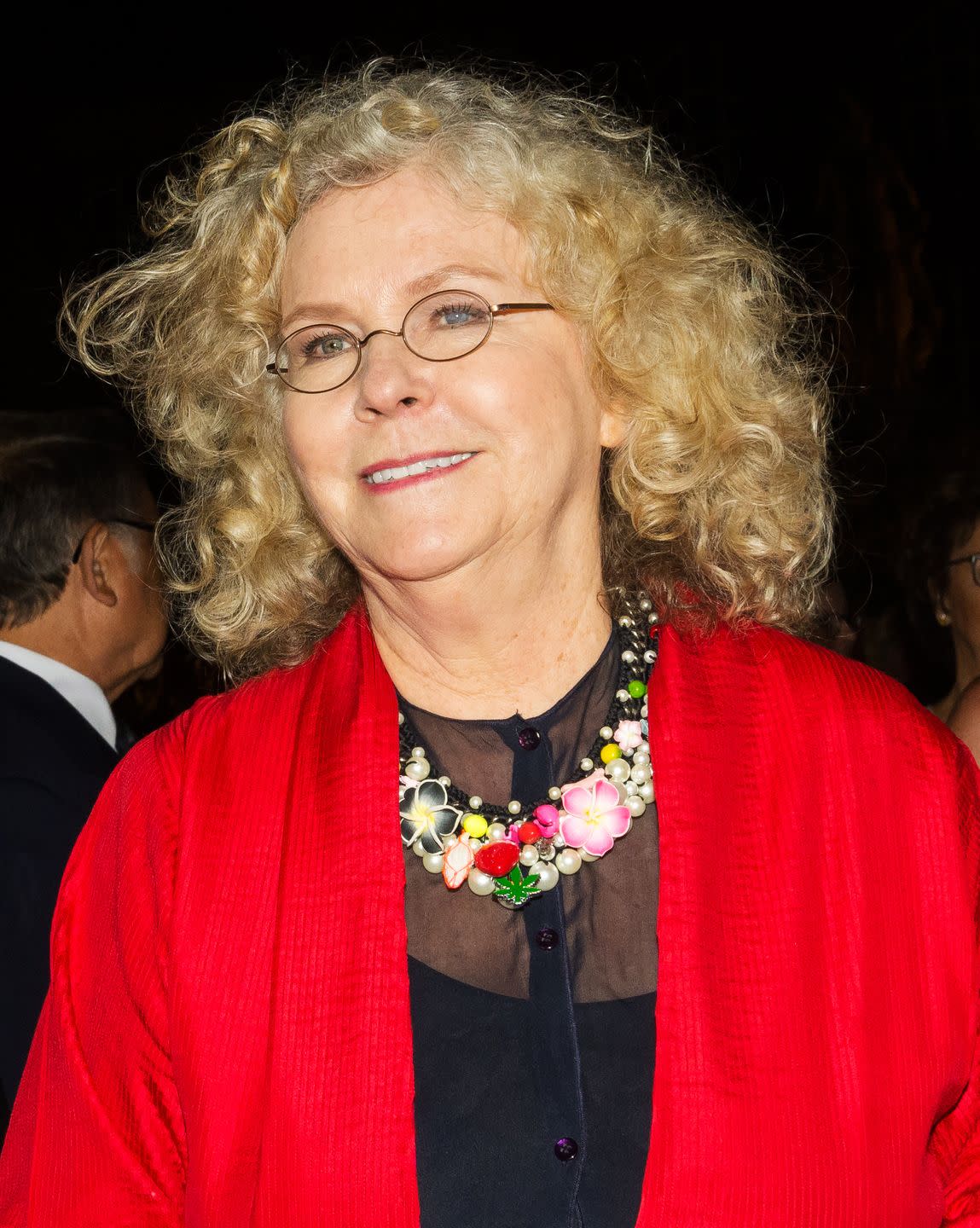
Wolfgang's eldest daughter, an established opera manager, took the reigns in 2008 alongside her half-sister Katharina. but resigned in 2015.
She argued for extra sensitivity at Bayreuth due to the dark history of the connections between the festival (as well as her own family) and the Third Reich. Latching onto the antisemitism in Wagner’s work, Hitler was a devoted fan, even financing the festival during the Second World War. “Bayreuth is a place not just of Wagner but also of Hitler,” Friedrich says. “He was welcomed here as part of the family. On one side you have the height of German culture and music, but you also have the politically and ideologically critical aspects of Richard Wagner that link his work and legacy to the Nazis.”
It’s an issue that isn’t entire in the past. In July 2023 Katharina penned an op-ed in Die Welt denouncing the use of her family name by a private military organization fighting for Russia in Ukraine. She asserted that the Bayreuth Festival is “no place for fanatics” and said that she takes inspiration from her father and uncle, who reinvented the festival when it resumed in the 1950s after the Second World War. (In 2012 an exhibition called “Silenced Voices” opened in Bayreuth, on the festival grounds and at City Hall, telling stories of Jewish artists who were denied participation in the festival from 1876 through 1945.)
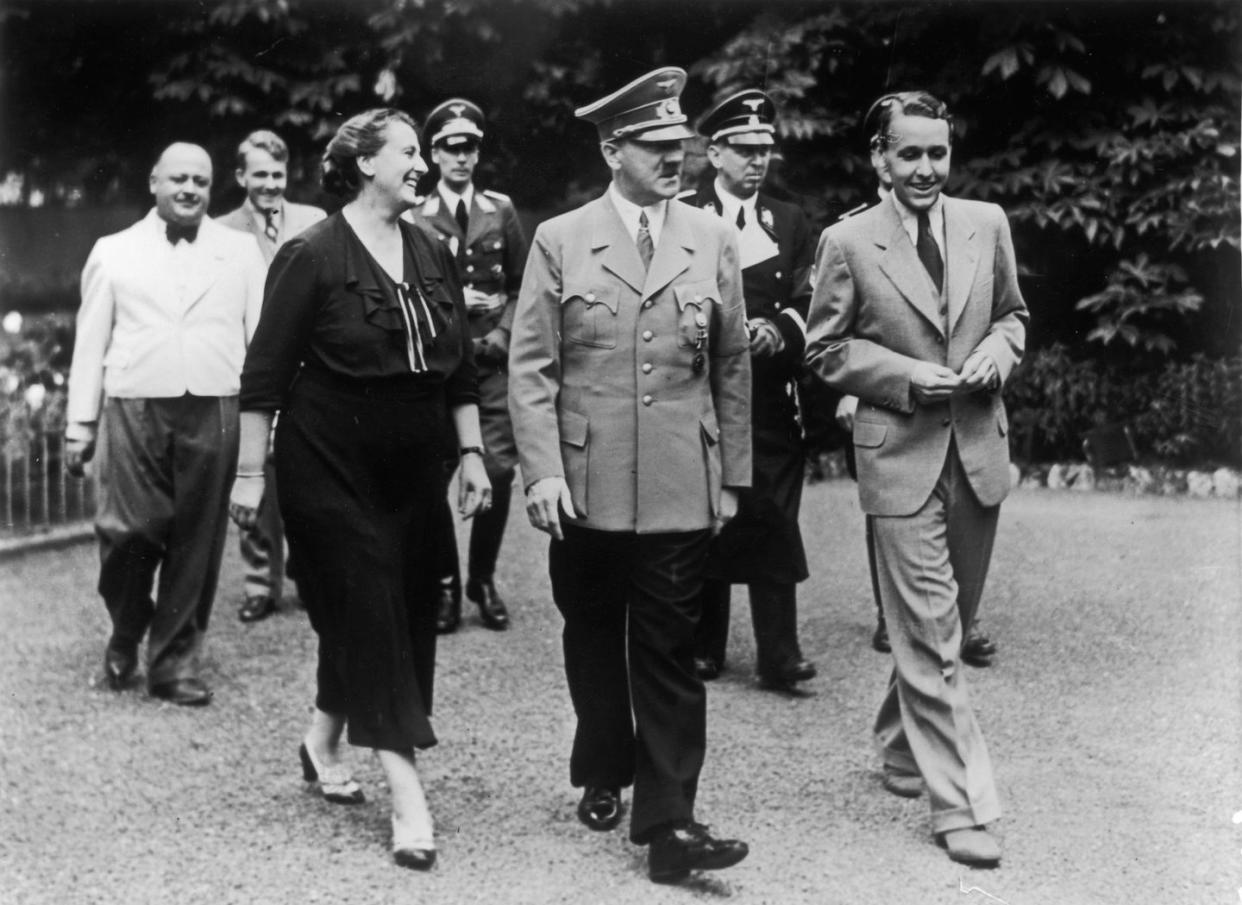
Yet it’s impossible to separate the monthlong summer opera festival from its history. Wagner’s works are part of the repertoire of most major opera companies around the world, but when the composer set out to build his own theater for his operas, he laid the foundations for a mythology to rival the tales explored in his works.
Eine falsche Notiz (A False Note)
The Festspielhaus is one of the only opera houses that require all singers, regardless of their reputations, to audition on the stage. This is because the composer designed the space specifically to suit his operas, Parsifal in particular. It was built in the style of a Greek amphitheater, with financing from Wagner’s patron King Ludwig II of Bavaria. The stage spans 89 feet, large enough to accommodate more than 100 chorus members, and there’s an orchestra pit below the stage that allows singers to use a softer pianissimo without fear of being drowned out.
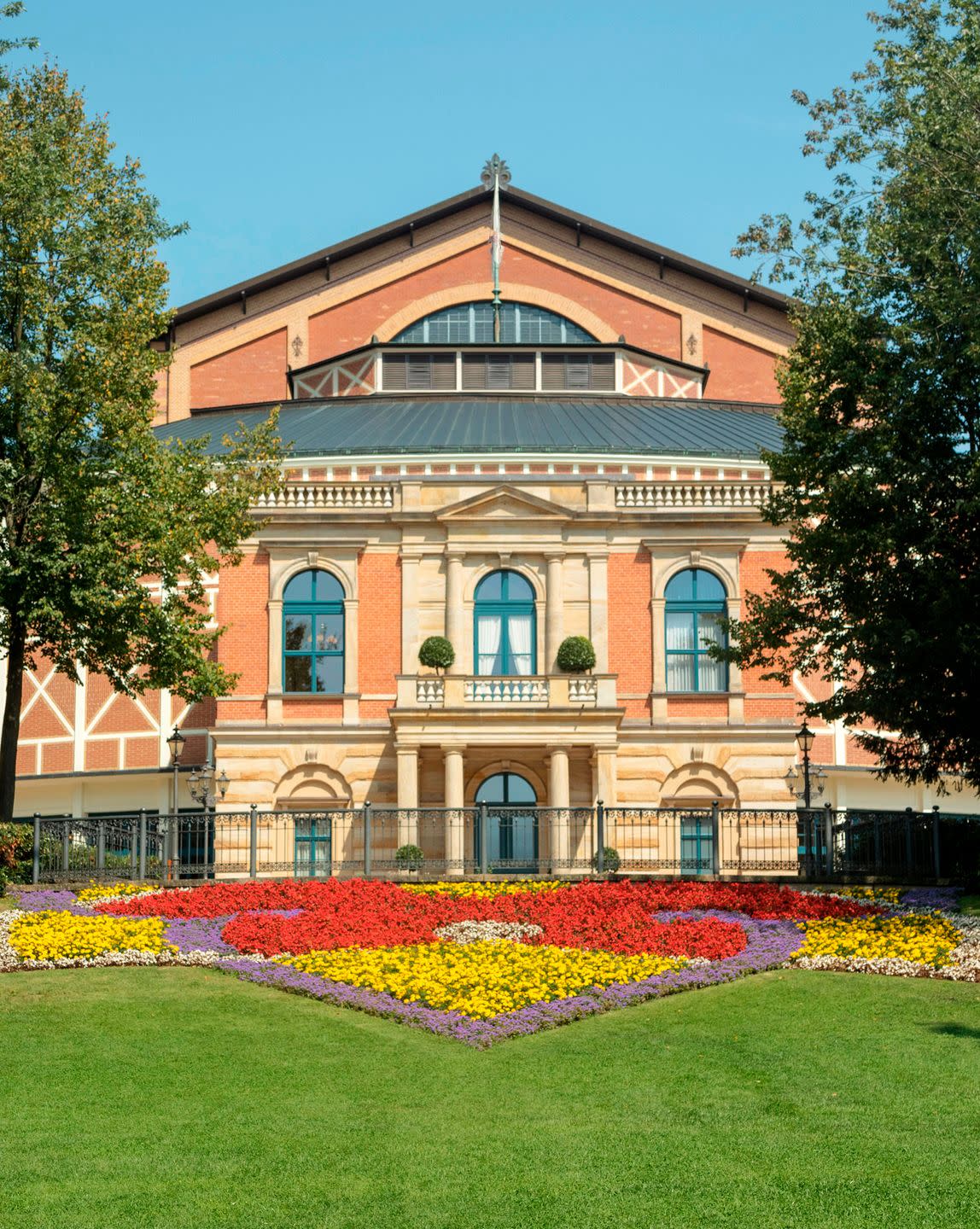
The ticketing system is also a thing of legend. In the 1970s it became common for fans to have to wait a decade for a ticket to the festival. Applicants would send a request to the ticket office each year, which would guarantee them a spot on the wait list. If an applicant skipped a year of letter writing, he would lose his place on the list. This postal ticket system remains in place, although online purchasing has been made possible in recent years. Before the 2023 festival, tickets were so hard to come by that hopeful Wagnerians roamed the theater gardens before shows and during intermissions for a chance to buy last-minute seats. But demand isn’t what it used to be.
“The ticket system is currently changing, because we had a year when the offering was larger than the demand,” Friedrich says. “In particular, The Ring, with its four parts, was not sold out for the first time in decades.”
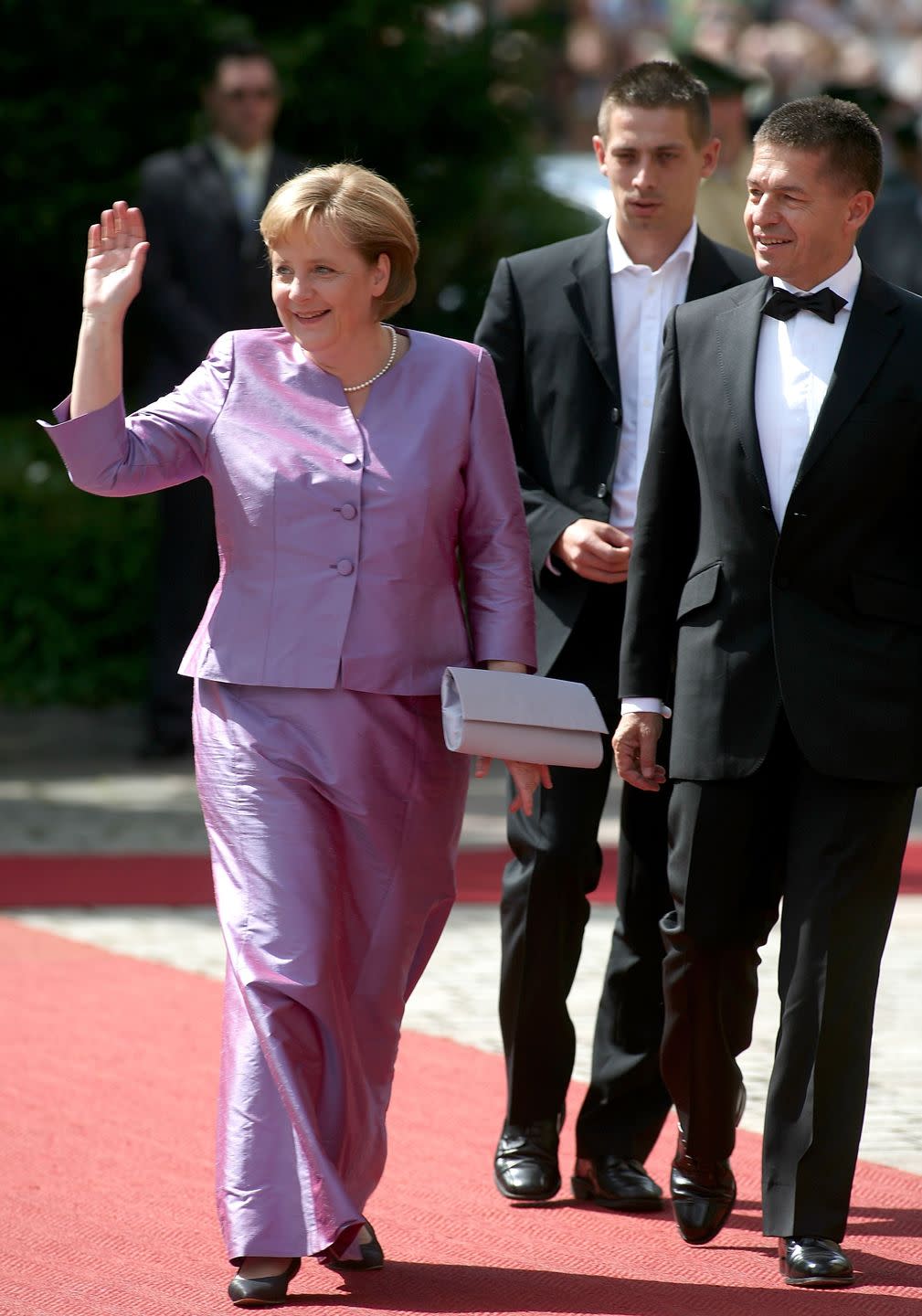
Trouble selling out The Ring highlights the weaknesses of Bayreuth when it comes to satisfying new audiences. Although The Ring consists of four separate operas, Das Rheingold, Die Walküre, Siegfried, and Götterdämmerung, they are sold as a cycle and meant to be watched sequentially as one story, with a run time totaling roughly 15 hours over the course of a week—not including the festival’s notorious hourlong intermissions. This is intense viewing for audience members, and a strenuous feat for the singers, who need rest days between performances. And while the town of Bayreuth is not without its charm, it lacks the amenities cosmopolitan audiences have come to expect, such as luxury hotels or an innovative dining scene, and several consecutive days of opera and bratwurst can be tough for anyone to digest.
“Wagnerians were once satisfied with simple lodgings that had toilets in the hall and simple food,” Friedrich says. “They only went to go to the festival and see performances. This has changed. As a rule, especially in Bayreuth, you have to see The Ring as a single piece in its entirety. But this is an idealism that you have to be able to afford.”
Leeres Nest (Empty Nest)
Having a Wagner at the helm may be a tradition Bayreuth can no longer afford. Katharina won the throne, but she has no obvious heir. Succession struggles have alienated family members who were once engaged in the festival, such as Eva and Nike, and there are currently no younger Wagners learning the ropes on the Green Hill.
Eva’s son Antoine Wagner has carved out a niche as an experimental filmmaker, creating projects out of his family history, such as Wagner, a Genius in Exile, a documentary about the composer’s time in Switzerland, and the 2009 music video for “Lisztomania,” a song by the pop band Phoenix. “My motivation lies in trying to share the beauty of opera and classical music with a younger and broader audience,” Antoine says. “The themes and stories of Wagner’s work are timeless. To shed a different light on them and to place them in the present is what keeps them alive.”
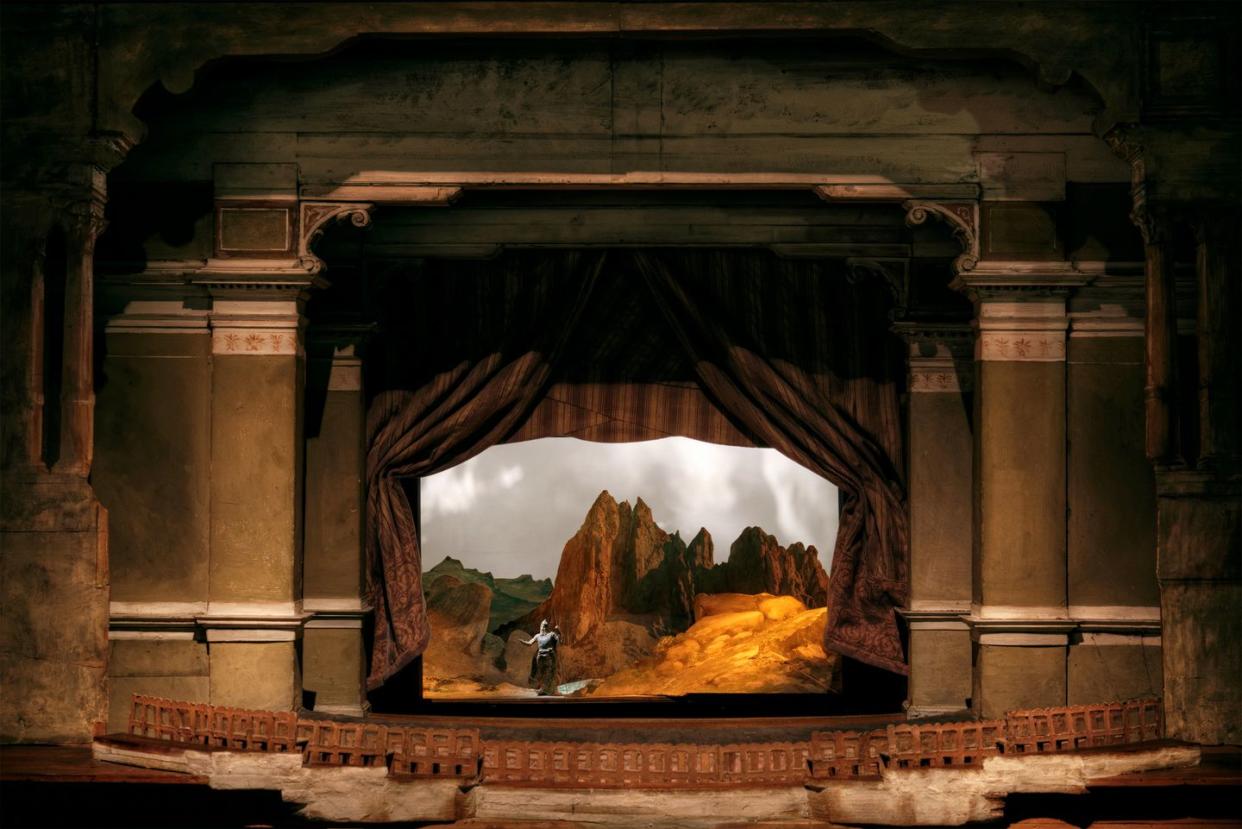
Nike’s daughter Louise pursued a career in dance. Although she is inspired by the work of her grandmother Gertrud Wagner, who choreographed famous dance numbers like the Venusberg ballet in Tannhäuser and was responsible for choreography at Bayreuth, Louise wanted to establish herself as a choreographer in her own right, staging pieces at Berlin’s Maxim Gorki Theatre and the Off Festival Aix-en-Provence. She says she would be open to a collaboration with Bayreuth, but only under the right conditions. “There has been a lot of arguing about Bayreuth’s heritage,” Louise says, “but little thought about family cohesion in the next generation.”
Maybe, after a century and a half, it’s time for a new chapter for Bayreuth—one with fewer skeletons in the closet and fewer blood feuds. At the same time, Katharina is in the prime of her career. A reconciliation or new family alliance wouldn’t be the most outrageous thing to happen in the history of the festival.
“People aren’t going to simply agree with everything Katharina or another Wagner does simply because of their surname, but it gives a tremendous cachet,” Fairman says. “Bayreuth with and without a Wagner is like the difference between a country run by a king and a country run by a prime minister.”
This story appears in the February 2024 issue of Town & Country. SUBSCRIBE NOW
You Might Also Like
